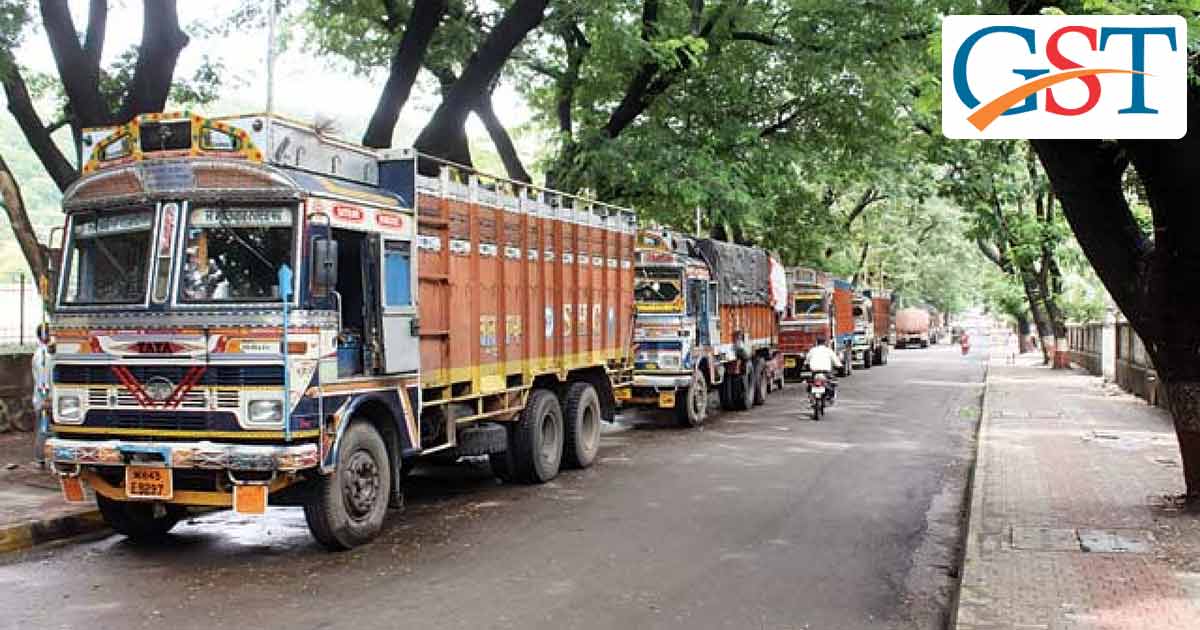GST e-way bill, which was put on hold after technical glitches experienced by the portal, is now rescheduled to launch by the end of this month. The National Informatics Centre (NIC) responsible for managing the technical website of the e-way portal is working overtime to resolve the issues to prevent any further delay as it may negatively impact the revenue of the Centre and states.
The official launch of GST e-way bill was scheduled on February 1, however, it was aborted owing to various technical glitches on the portal. It created a lot of anger among traders and transporters who were not able to continue their transports on highways because of the unavailability of e-way bills. The e-way bill system promises to facilitate faster movement of goods through a digital payment and verification system so that vehicles need not wait at state borders.
The NIC has assured that a foolproof e-way bill system will be ready by end of the month. The trials run on the system will continue even after its launch to ensure a seamless experience.
The failure of the e-way bill online system forced the government to push its launch back to a future date. The date has now been confirmed by the NIC.
“In view of difficulties faced by the trade in generating GST e-way bill due to initial tech glitches, it has been decided to extend the trial phase for generation of an e-way bill, both for inter and intra-state movement of goods. It shall be made compulsory from a date to be announced,” said the CBEC in a tweet on February 1.
As per GST rules, transportation of goods with value more than Rs 50,000 within or outside states in India must be accompanied with an e-way bill, which can be generated online by registering the consignment on the e-way bill system.
The supplier or transporter must be registered on the e-way bill portal to be able to generate an e-way bill. After registering on the portal, the details of the particular transport must be furnished on the portal to generate an e-way bill, which will have a unique e-way bill number (EBN) for the supplier/transport/recipient.
The basic purpose of the introduction of e-way bill system was to enable the government to properly track the inter-state and intra-state movement of taxable supplies and prevent tax evasion. The trial for the e-way bill system was started from January 16, but the official launch was put on hold because of the unexpected technical errors that transporters faced while trying to generate their e-way bills.
Many are even saying that the portal crashed because of the added load since it was not actually read to handle such a large volume of bills.
As per the decision made at the GST Council meeting held on October 6, it was decided that the e-way bill would be made mandatory from April 2018. However, the launch date was preponed to February 1 after a video conference held by the Council on December 16, with the aim to minimize revenue losses.
NIC, the organization responsible for creating most of the online government applications and software for the state and centre governments of India, was given the responsibility of building a robust e-way bill system. The failure of the system made the Council rethink its plan to launch the system ahead of the previously scheduled date.
Read Also: Major GST Issues Faced by Taxpayers Across India Till Now
As per the new timeline, the e-way bill system for both inter and intra-state transports should have been ready by January so that it could be launched on February 1. The states, however, are given the freedom to choose their own timing for e-way bill implementation for intrastate transports, but the implementation must anyhow take place before June 1, 2018.
